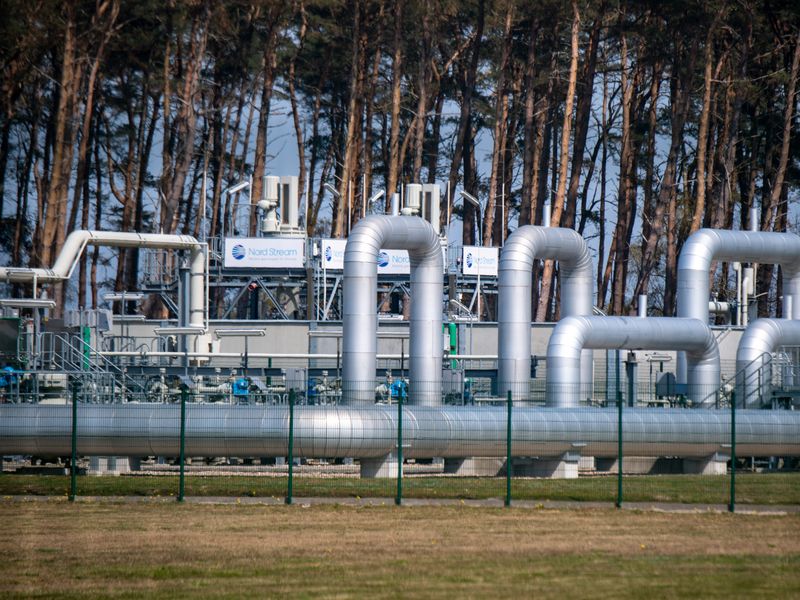Prague – The Czech transmission system has enough capacity to replace the current transit in case of interruption of Russian gas supplies via Ukraine. This was written by the Minister of Industry and Trade Jozef Síkela (STAN) in a letter addressed to the European Commissioner for Energy Kadri Simons. He was responding to the situation where the Russia-Ukraine gas transport agreement expires at the end of this year, which would especially affect countries east of the Czech Republic. The Ministry of Industry informed about the letter today on its website.
Currently, nothing indicates that the gas transport agreement will be extended, the office said. The disruption of Russian gas supplies after the expiry of the contract would mainly affect countries east of the Czech Republic. It is about 40 to 42 million cubic meters of natural gas per day that would need to be replaced.
In the event of the termination of Russian gas transport via Ukraine, it is necessary to seek replacement primarily from alternative suppliers, Síkela said. “We need to avoid a situation where we formally buy non-Russian gas, but it is swapped for Russian gas during transport to Europe, and we thus make no progress in our efforts to limit supplies from Russia,” the minister added.
The best alternative according to Síkela is to use gas flowing from Western Europe, which could be transported through Czech territory. The minister highlights this option to the European Commissioner in his letter. The capacity of the pipelines running through Czech territory is sufficient for this, he said. Replacing Russian gas with liquefied natural gas (LNG) imported into terminals being built on the European coast is also in line with the REPowerEU plan, which aims to reduce dependence on Russian energy raw materials, the minister reminded. Síkela also stated that the plan will be significantly helped by the German government’s decision to abolish the extraordinary gas storage fee from the beginning of next year, which made the transportation of natural gas through Germany more expensive. (September 5)
 go to the original language article
go to the original language article
